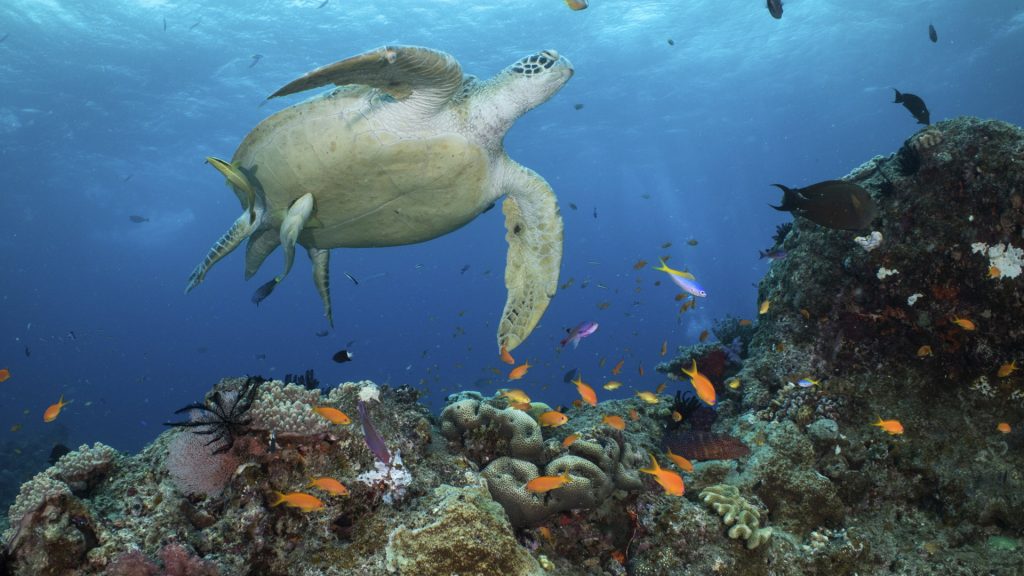Status: 11/28/2022 7:35 PM
The Australian government is not protecting the Great Barrier Reef enough in the climate crisis, and UNESCO is criticizing. Their experts recommend that the ecosystem be rated vulnerable. Ultimately, it may be removed from the World Heritage List.
Due to inadequate protection measures by the Australian government, the Great Barrier Reef is threatened where it is located in UNESCO World Heritage List to lose. Despite the unprecedented advances in science and work in recent years, coral reefs are “significantly affected by climate change factors,” says Eleanor Carter of the environmental organization IUCN (International Union for Conservation of Nature). and the representative of the United Nations Educational, Scientific and Cultural Organization (UNESCO) Hans Thulstrup in a report.
She said the ability of coral reefs to recover from the effects of global warming has been “significantly weakened”. Therefore, the two experts recommend the Great Barrier Reef List of World Heritage Sites in Danger Add. In this case, there will be a risk of removing coral reefs from the UNESCO list.
Carter and Tholstrup criticized the Australian coral reef conservation strategy for the lack of clear climate targets. In addition, some of the promised safeguards will not be fully implemented, particularly with regard to water quality and fisheries.
Like a “bandage on a broken leg.”
The Australian government announced in January that it would invest a total of 1 billion Australian dollars (equivalent to 649 million euros) in measures to preserve the unique ecosystem over the next nine years. The organization’s Climate Council explained that this is like putting a “bandage on a broken leg”.
The Great Barrier Reef was declared a World Heritage Site by UNESCO in 1981. As early as 2015, UNESCO considered designating the reef an Endangered World Heritage Site for the first time. At the time, the Australian government averted this with a multi-billion dollar protection scheme. In July last year, the World Heritage Committee decided again The Great Barrier Reef is not currently designated a World Natural Heritage Site in Danger.
Bleaching affects coral reefs
Three devastating coral bleaching events have severely impacted the Great Barrier Reef since 2016. In May, it was revealed that 91 percent of coral reefs had been damaged by coral bleaching as a result of a prolonged summer heat wave. Bleached corals can recover – but only if their living conditions improve.
Corals are living things. Calcareous skeletons also form habitats for many other animals and plants. The Great Barrier Reef is home to about 1,500 species of fish and 4,000 species of molluscs. It consists of about 2,500 different coral reefs and more than 900 islands.

“Total coffee aficionado. Travel buff. Music ninja. Bacon nerd. Beeraholic.”








More Stories
Coral Seeding: Artificial Insemination Makes Coral More Heat Tolerant
Fear, Anger, and Denial: How People Respond to Climate Change – Research
LKH Graz: Using radiation to combat heart arrhythmias